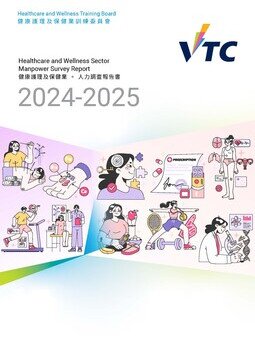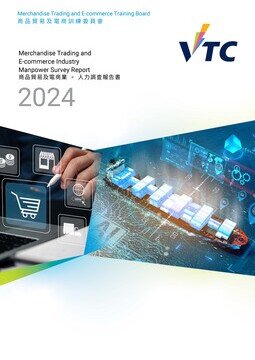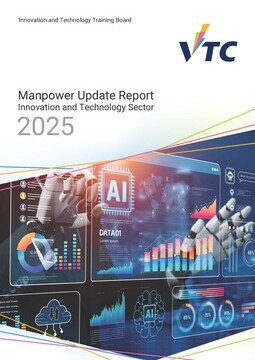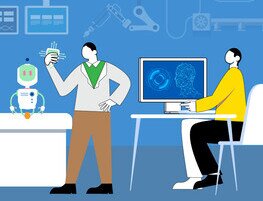Manpower Survey
Recommendation
Training Needs
1st
Financial Accounting
2nd
Cost and Management Accounting
3rd
Problem Solving & Decision Making
To effectively address the issue of talent shortages, it is vital for the government to enhance its initiatives aimed at attracting global talent, particularly in the fields of accounting and academia. This focus will significantly contribute to the development of Hong Kong’s education hub initiative, thereby diversifying the talent pool and enriching local capabilities. Streamlining entry processes and underscoring Hong Kong’s strategic advantages will further reinforce its position as a dynamic financial centre. At the same time, it is essential to invest in future-oriented education by collaborating with academic institutions to modernise curricula, especially in data analytics and sustainable finance. Moreover, promoting sector-wide upskilling in AI and data security through strategic incentives will help ensure that the workforce is well-prepared to meet the evolving demands of the digital landscape and regulatory environment.
Employers play a crucial role in cultivating a modern and supportive work environment that enhances retention and improves work-life balance. By implementing intelligent workload management and well-being initiatives, organisations can foster a culture that attracts and retains new talent. It is equally important to actively advocate for the profession’s strategic evolution into advisory roles, technology, and sustainability. Aligning internal training programmes with emerging trends, such as compliance standards and digital assurance, will further equip staff with the essential skills they need to thrive. Additionally, strengthening practical learning through structured workplace attachments and mentorship programmes can bridge the gap between academic theory and professional practice. By establishing clear career pathways into specialisations like analytics, employers demonstrate a strong commitment to long-term talent development and operational excellence.
Employees are encouraged to proactively engage in continuous professional development in order to remain informed about new standards and technological advancements. This commitment not only enhances personal competitiveness but also ensures the ability to provide high-value services. Developing proficiency in emerging technologies, particularly in data analytics and sustainable finance, is vital for those seeking to transition into higher-value advisory roles. Furthermore, strengthening soft skills in communication and adaptive thinking is crucial for effective collaboration and client management. Cultivating a global mindset, along with an understanding of international frameworks, will prepare professionals for success in cross-border engagements, thereby reinforcing Hong Kong’s esteemed position as an international hub.
Education institutes are encouraged to future-proof accounting education by continually modernising curricula to incorporate essential topics such as data analytics, cybersecurity, and sustainable reporting, all while integrating global perspectives. Collaborating closely with industry partners will ensure that educational content remains relevant and effective. Expanding experiential learning opportunities through robust partnerships, including real-world projects and structured internships, will help bridge the gap between theoretical knowledge and practical application. It is also imperative for institutes to actively promote the dynamic and evolving future of the profession in technology and sustainability, inspiring the next generation and countering outdated perceptions. Additionally, offering flexible, stackable micro-credential pathways in specialised fields will support lifelong learning and enable the workforce to remain agile in response to the changing landscape of the industry.




































